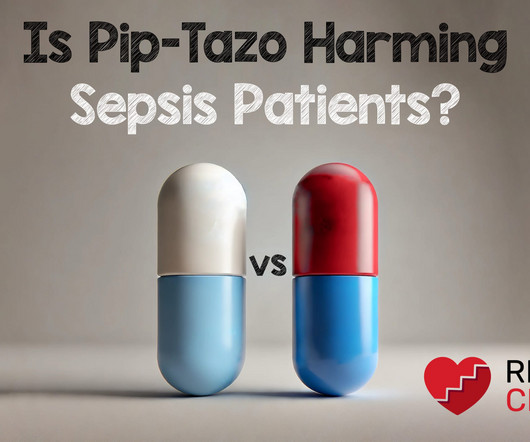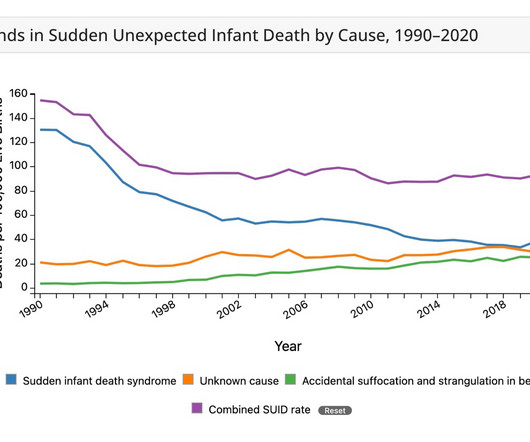How to prevent central line infections
PulmCCM
OCTOBER 16, 2023
There’s no randomized trial data to support this practice, and the Healthcare Infection Control Practices Advisory Committee (HICPAC, whose recommendations CDC generally adopts) has advised against routine replacement of central lines as an infection prevention strategy. At some centers, central lines are regularly replaced (e.g.,


















Let's personalize your content